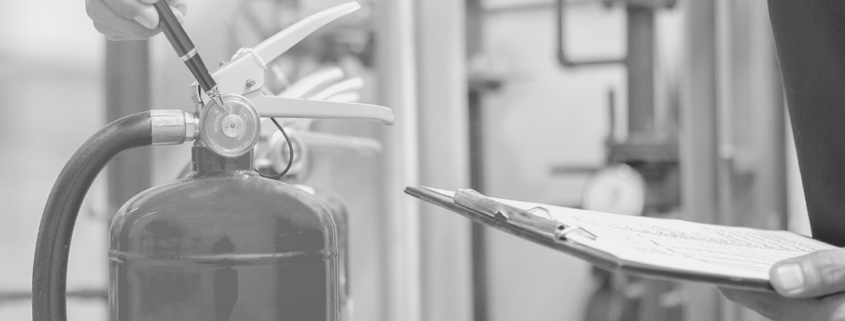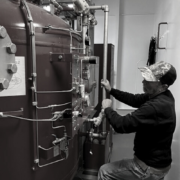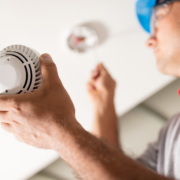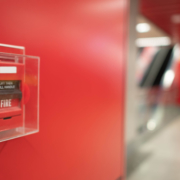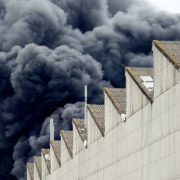Refinery Fires in the News!
There have been a number of refinery fires in the past several months in several locations around the world. In one case outside of the United States, the fire resulted in 42 deaths. The fires that we have seen in our country have typically had no major injuries, but local residents get treated for respiratory problems. In all cases, the property damage from these fires is significant.
These fires are typically caused by a variety of reasons including:
- Diesel gas leaks
- Idling Diesel trucks
- Corroded pipe
- Hydrocarbon vapor leaks
- Electrical storms
In one recent case, the cause of the fire seems to be from corroded pipe. A local news channel commented, “Federal investigators probing the cause of a massive oil refinery fire in are focusing on possible corrosion in a decades-old pipe that the company inspected late last year.” Investigators with the U.S. Chemical Safety Board say they’re trying to determine why this company didn’t replace the pipe when it had a major inspection in November of 2011.
Based on required inspections, refineries should be locating corroded pipe and making repairs and replacements upon discovery of the issues. A fire that results from corroded pipe is one of the most preventable types of fires and is an example of what can happen when piping and equipment start to age. Regular inspections are critical, but just as important are making the required repairs. In the case sited above, it appears that the inspection took place, but the corroded pipe was not replaced.
Managing the inspection and repair process can be challenging for many facilities, but it is also one of the most critical aspects of fire prevention. VFS has a State-of-the-Art Inspection System called LiNC that helps our clients manage not only the inspection process, but also helps to manage the repair process as well. By using LiNC, VFS helps our clients with inspection and maintenance compliance. This minimizes exposure to risk and helps prevent fires.
Visit https://www.vfsfire.com/services/view-my-reports/ to learn more about the LiNC Inspection Tool.


